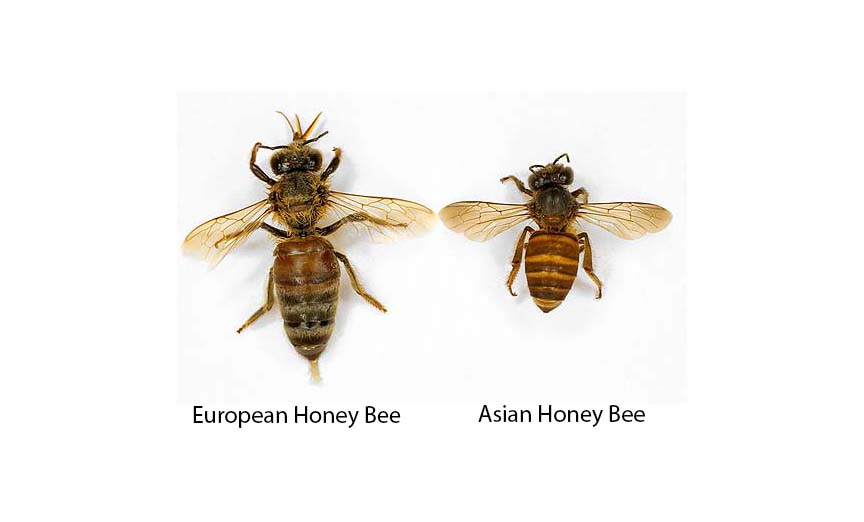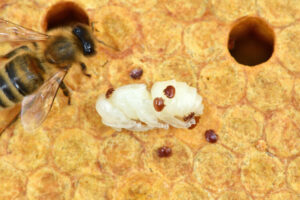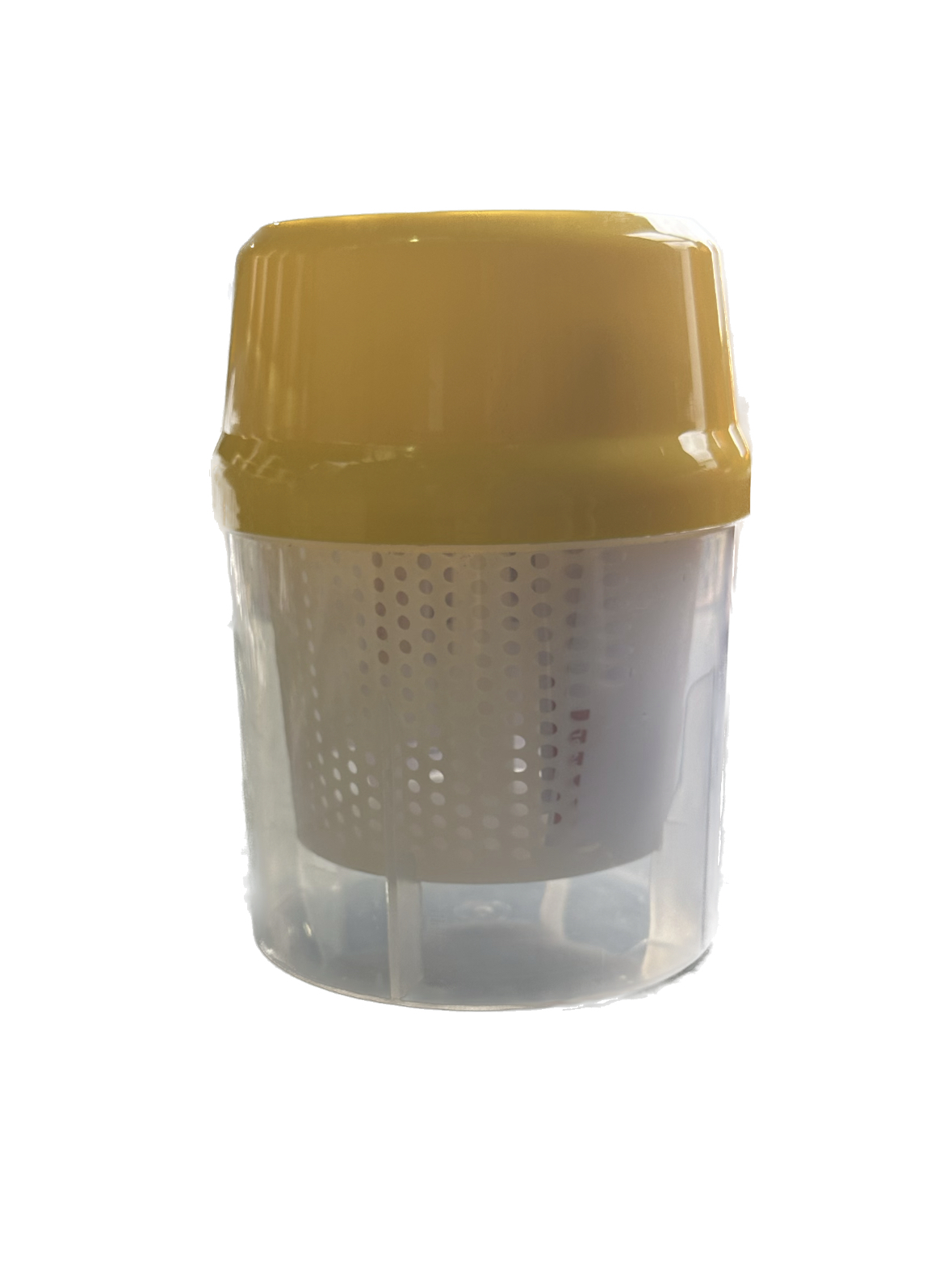Varroa Mite in QLD
Varroa Mite (Varroa Jacobsoni) has been detected in the Brisbane Port sentinel beehives.
A single varroa mite has been found in a sentinel beehive at the Port of Brisbane after a routine inspection by Biosecurity Queensland.
Diagnostic testing has confirmed the species is Varroa jacobsoni, not Varroa destructor.
Secondary testing has now been conducted to determine the mite is not carrying exotic viruses of honeybees.
Asian Honey Bees have now been detected at the Brisbane Port. Where the mite has originated from.
This Asian Honey Bee is unrelated to the Asian Bee in Cairns. This is a new exotic pest.
Surveillance will be conducted in conjunction with the Queensland bee industry and the Australian Government to determine if there are any more varroa mites and Asian Honey Bee in the surrounding area.
So far one mite and one Asian Honey Bee nest have been found and erridicated


What Happens now?
QLD DAF has put out a movement control order in brisbane port and surround areas to help detect and eradicate any effected hives.
The sentinel hives in the port have been destroyed.
Biosecurity Queensland have located one Asian Honey Bee nest in the Brisbane Port.
This nest has now been destroyed.
Further survallience will be conducted to determine if there is any spread.
There is still more information to come so stay alert and updated.
Movement Restrictions in Place:
As a precautionary measure to minimise risk of varroa mite spread, effective immediately, a movement control order (MCO) is in place.
The movement restrictions apply to all beekeepers who (a) have hives in or (b) have had hives in, the surrounding localities to the Port of Brisbane within the last 90 days.
Restrictions apply to the movement of bees, bee hives, bee products (including honey) and used bee keeping equipment.
Varroa mite (Varroa jacobsoni and Varroa destructor) is classified as prohibited matter under the Queensland Biosecurity Act 2014 (Act).
Asian Honey Bee (Apis cerana) is classified as prohibited matter under the Queensland Biosecurity Act 2014 (Act).
If found, they must be reported immediately to Biosecurity Queensland.
Beekeepers must notify Biosecurity Queensland without delay about:
the presence of varroa mite
if you reasonably expect the presence of varroa mite
The presence of Asian Honey Bee
if you reasonably expect the presence of Asian bee
any hive movements into or out of the localities in the previous 90 days
any bees bought or sold in the last 90 days.
How You Can Help
All Queensland beekeepers are urged to:
continue monitoring hives for varroa mite using the alcohol wash method (at least every 16 weeks)
report your hive check using the quick and easy Bee 123 form, even if you do not find any suspect mites
immediately report unexpected hive deaths, deformed bees, bees with parasites, poor brood patterns and dead brood to Biosecurity Queensland
keep your contact details and apiary sites up to date and renew your biosecurity entity registration when due
keep accurate and up to date records of hive movements, hive checks, and any bees bought or sold
keep up to date with the relevant state authority for movement requirements before entering or leaving the state
report sightings of Asian honey bees, feral nests/swarms or hives showing symptoms of exotic pests to Biosecurity Queensland
find out more about varroa mite.
Report varroa mite to Biosecurity Queensland online or by calling 13 25 23.
Varroa Mite Test Kits
You can buy a Varroa Test Kit for $10.95 in store or online here
This test kit is a alcohol wash kit.
Simply place bees and alcohol (e.g. methylated spirits) into the jar and shake.
The Varroa Mite will detach from the bee and into the bottom of the jar.
(Instructions are included)

For more information on Varroa Mite, visit the NSW DPI website or the Business QLD website
